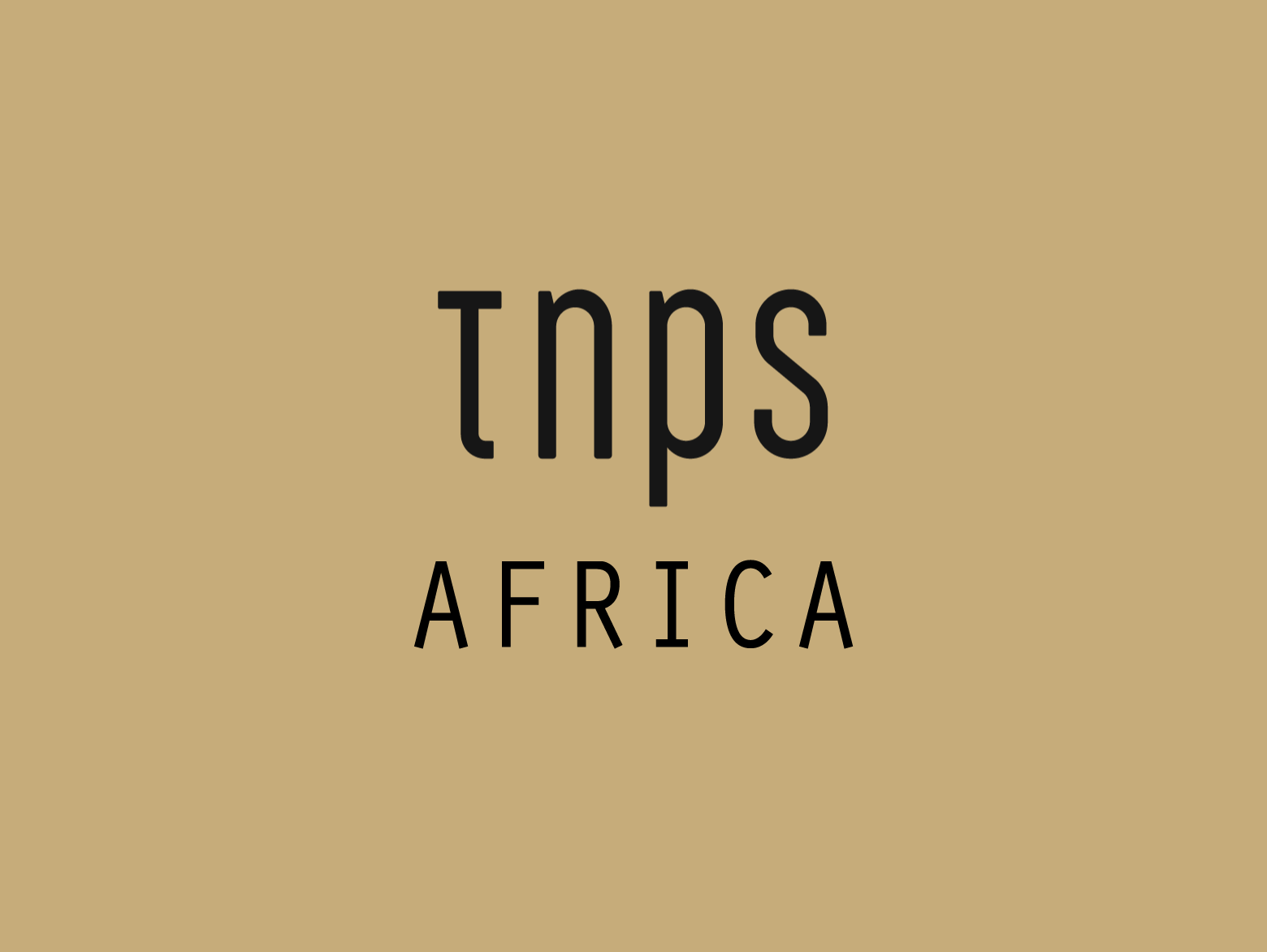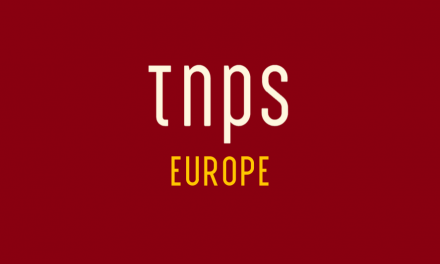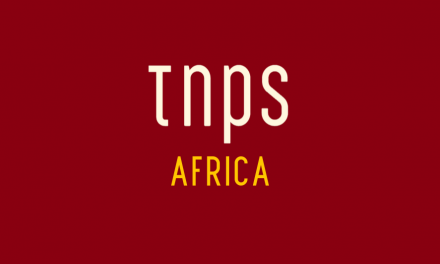It’s the twenty-first century. Even in Africa. And contrary to popular opinion, the internet is not only available across the continent but is shaping the continent’s future.
This from IT News Africa this past week:
If there was ever a time to watch progress in Africa, it would be now. As we have seen so many times before, the continent has the ability to leapfrog technological trends and with the rapid scaling of digital technologies we believe there are huge opportunities awaiting to be exploited.
All organizations across segments and sectors need to evaluate their strategies and their response to these trends. As a result, new business models are emerging, partnerships forming, innovation is scaling and the time is now to harness these trends to create more opportunities. Africa is in a unique position to take advantage of the digital trends that are emerging at present.
The IT News Africa post is short but ranges across evolving business models, AI, cloud computing, fintech, bitcoin and cryptocurrencies.
Wait. Hold on. Bitcoin? Fintech? Cloud computing? Africa?
Let me run by you a personal anecdote to illustrate the point.
I’m here in The Gambia, West Africa, one of the poorest countries on the planet. Some of my neighbours don’t even have electricity or water.
Last year I got hold of an old desktop computer – you know the sort of thing. A big clunky keyboard and mouse, a tower the size of a skyscraper and a prehistoric desk monitor the size of a small car. Totally unusable in any meaningful way, but great for the kids to learn basic keyboard and mouse skills.
My neighbours are familiar with laptops, as I work at one every day, but had never seen a desktop computer before. So when the desktop PC arrived on my desk and a neighbor came in and saw it I had to explain what it was, and that these monsters were what laptops evolved from.
At which point she whipped out her smartphone, took a picture and sent it to her friends on Facebook and Instagram over a 3G signal before going back to her home with no water or electric.
Such is the bizarre contradiction that is Africa in 2018, where virtually the entire continent has leapfrogged the tortuous era of dial-up and gone from no internet to 3G smartphones almost overnight.
That’s a story being retold across vast tracts of the world, but nowhere more evident than here in Africa.
Yet the ebook retailers seem, South Africa aside, almost unaware Africa exists.
Just this past month Amazon has made its first move on the continent, with a tentative engagement with publishers in Egypt –
Google Play has an ebook store in Egypt. One of two on the continent, the other being South Africa. Nook isn’t here, of course. Nor is Apple. Kobo? Yes, but only the international store at US prices, and with most titles unavailable.
But here’s where it gets really crazy. I’m here in The Gambia, as mentioned above. I can’t even see the Kindle store from here unless I log into my pre-existing UK Amazon account.
But I can stream Amazon Video from here. Or Netflix, or a host of other video services.
So to be clear, Amazon can find enough video content with world rights to offer streaming to almost every country in Africa. But despite having a million or so ebook titles in KDP and its own imprint titles all with world rights, it can’t be bothered to offer ebooks to Africa.
Which brings us to that headline. In Kenya a study from GfK shows that,
97% of Kenyan adults with Internet access are using some form of online video service, with nearly two-thirds paying to view digital online content.
Of course, 97% of Kenyans online could mean 97 people. This is Africa, after all. So what does that 97% and two thirds mean in real money?
Here’s the reality. If you’re new to TNPS you might want to be sitting down when you read this:
Kenya has a population of 50 million. For comparison compare Canada with 36 million and Australia with 24 million.
Now ponder this: Kenya has 85% internet penetration. In other words there are 43 million Kenyans online. More than the entire population of Canada and almost twice the entire population of Australia.
And since you’re probably wondering, Australia has just 21 million people online and Canada just 33 million.
But let’s put those numbers in even more context. In Europe just six countries – France, Germany, Italy, Russia, Turkey and UK – have more internet users than Kenya.
And since we’re on the subject, let’s not forget Nigeria, where the numbers are even more astounding.
Nigeria is only at 50% penetration, but with 195 million people that means some 98 million Nigerians are online. That’s more people than the entire populations of the UK, Italy, Germany or France. In fact Nigeria has more internet users than any country in Europe except Russia.
Nigeria has 17 million people on Facebook. That’s equivalent to the entire population of the Netherlands.
And a reminder – this is at just 50% internet penetration.
Nigeria has its own domestic ebook stores in the form of Okada and Publiseer, while Kenya has eKitabu, and over in Ghana there is an African audiobook player, Akoobooks Audio.
But Amazon, Apple, Nook, Google Play… They are nowhere to be seen, even though Amazon and Netflix can manage to deliver video streaming service to these countries.
You couldn’t make it up.






Wow! Whoever is first among the ebook providers is going to make a killing. I’m surprised Apple, with it’s iphone and automatic ibook app on every one, isn’t there selling ebooks. Geez. I’d be happy to lower prices to break into the African market.
Thanks for this, Mark. Looking forward to monitoring the progress.